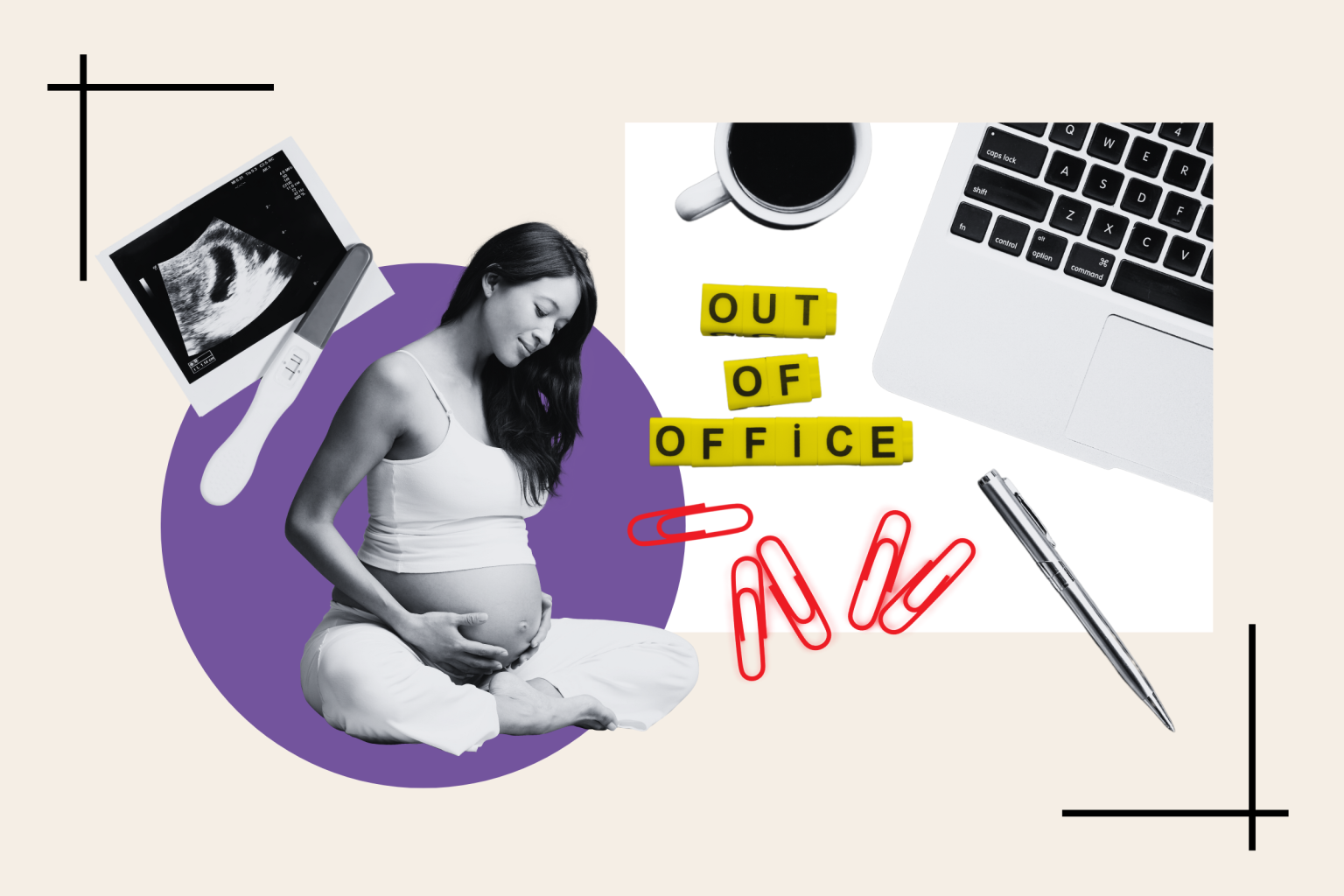Aisha Wells, the deputy director of organizing for Mothering Justice, recently returned from maternity leave and reflected on the differences in experiences she had with her first child more than 17 years ago and her recent second child, where she had paid leave. She highlighted the financial security that paid leave provided, allowing her to focus on her family without worrying about bills. Paid maternity leave is not guaranteed in the U.S., with only 27 percent of the civilian workforce having access to it, according to the U.S. Bureau of Labor Statistics.
A recent ranking by Newsweek and Plant-A highlighted companies with impactful maternity leave policies, such as DEPT® Agency, which offers primary caregiver leave for up to 12 paid weeks. DEPT® focuses on work-life balance and offers support mechanisms for employees navigating parenthood and career progression. The federal Family and Medical Leave Act (FMLA) allows for unpaid leave for eligible employees, but the U.S. is one of the few countries without guaranteed paid parental leave.
Companies like Liberty Mutual and Home Depot offer paid parental leave and support mechanisms to help new parents transition back to work. Having paid maternity leave has been described as a game-changer by employees like Elaine Zuckerman, who found her postpartum recovery to be smoother with paid leave compared to unpaid leave. States like California and New Jersey guarantee paid maternity leave, and more states are moving towards implementing similar policies.
Advocates believe that the benefits provided by paid maternity leave can outweigh the costs, with studies showing that providing paid leave can lead to higher retention rates among employees. New York Life recently announced an extended Paid New Parent benefit, doubling the length of time from four to eight weeks. The Best Place for Working Parents’ National Trends Report found that paid leave helps women stay in their current positions and reduces the likelihood of leaving their jobs before or after childbirth.
While some companies may argue against mandating paid maternity leave, citing concerns about workforce retention and productivity, research has shown that these concerns are unfounded. Countries with extended maternity leave policies and states like California and New Jersey with guaranteed paid leave have not experienced negative impacts on workforce participation. Overall, providing paid maternity leave can have long-term benefits for both employees and employers.















